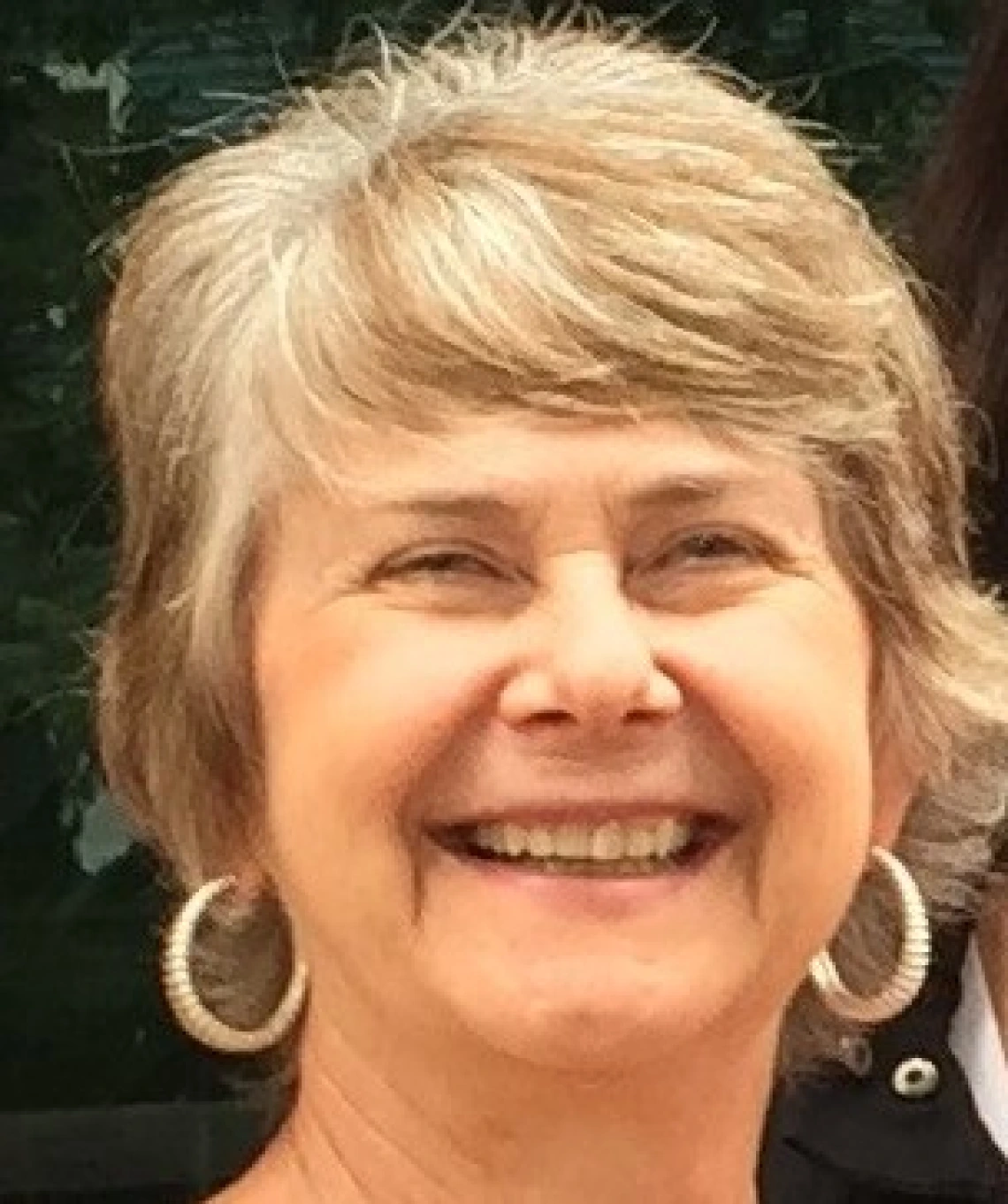A Novel Way to Tackle Sun Damage: UA Nurse-Scientist to Teach Massage Therapists about Reducing Skin Cancer Risk

 TUCSON, Ariz. – Arizona is home to 10,000 actively licensed massage therapists, each of whom averages 12 clients per week or roughly 7,000 client encounters a year. What if in addition to soothing cramped muscles those massage therapists could be enlisted and trained to help reduce skin cancer risk?
TUCSON, Ariz. – Arizona is home to 10,000 actively licensed massage therapists, each of whom averages 12 clients per week or roughly 7,000 client encounters a year. What if in addition to soothing cramped muscles those massage therapists could be enlisted and trained to help reduce skin cancer risk?
University of Arizona College of Nursing Associate Professor and a member of the UA Cancer Center, Lois J. Loescher, PhD, RN, FAAN, aims to answer that question thanks to a three-year $750,000 award from Arizona Biomedical Research Commission(ABRC) to train massage therapists, with their unique access to skin, to effectively communicate sun safety, identify and recognize suspicious skin lesions and provide resources for appropriate health-care follow-up for their clients.
The study, “Massage Therapists Skin Health Awareness, Referral, and Education (MTsSHARE) to Reduce Skin Cancer Risk in Arizonans,” aims to address, expand and evaluate the effectiveness of skin surveillance in an innovative and previously unaddressed way.
According to the American Cancer Society, skin cancer is the most common form of cancer in the United States, with more than 5 million cases occurring annually. In Arizona – a state that enjoys 299 sunny days a year – the incidence of non-melanoma skin cancer is three to six times higher than in the northern United States. Besides serious dangers like death and disfigurement, the costs of treating skin cancer exceed billions of dollars every year – another reason that early detection is so crucial.
“We’re not suggesting that massage therapists should become dermatologists,” said Dr. Loescher. “All we’re doing is advocating for another pair of eyes on the skin.” Currently, massage therapists receive little formal training on skin cancer so Dr. Loescher and her team are developing online training that could be successfully adopted by massage schools in Arizona and beyond.
Adapting a prior intervention developed by Dr. Loescher and her co-investigators, Myra Muramoto, MD, MPH, and Amy Howerter, PhD, from the UA College of Medicine – Tucson’s Department of Family and Community Medicine, the team will conduct pilot testing on 20 Tucson-based massage therapists. After fine-tuning the intervention, they will expand to a larger group of 80 massage therapists throughout Arizona. Effectiveness of the training will be tested after participants complete the online-learning program. Additionally, the massage therapists’ ability to deliver sun-safety information and assess skin lesions in their clients will be tested through specific visits from “secret shoppers,” simulated clients with removable tattoos of questionable skin growths.
“Massage therapists see their clients more often than primary care providers see their patients,” said Dr. Loescher. “Although most melanomas are diagnosed by physicians, they typically are detected through observations from the patients themselves or someone who is close to the patient.” Dr. Loescher wants to empower massage therapists to assist in detection and help clients understand the importance of sun safety, recognize suspicious skin lesions and recommend follow-up with a dermatologist.
“Our goal is to have a huge public-health impact in skin cancer prevention and early detection,” said Dr. Loescher. “Overall, we want to promote a larger role for skin cancer prevention within massage therapy school curricula and continuing education.”
Not only would a creative, expert online training program be an affordable way to impart knowledge, but it would have the capacity to be widely disseminated across the nation, said Dr. Loescher.
Dr. Loescher sees this study as only a beginning to expand the number of informed eyes that are trained on skin, including service providers, such as hair stylists, aestheticians and even tattoo artists. “We’ve done a lot of due diligence,” said Dr. Loescher, citing two recently submitted manuscripts from pilot work on this topic. “We have set the stage in a very rigorous way to take this study the distance and beyond.”
Contact: Jason Gelt, 520-626-2742

